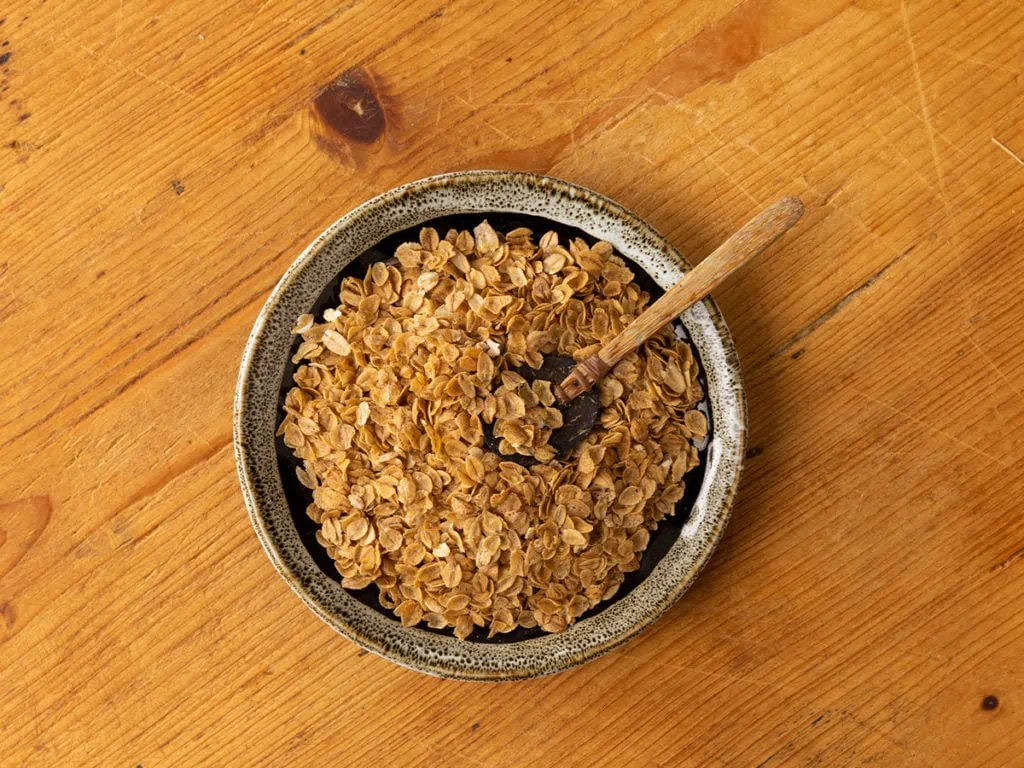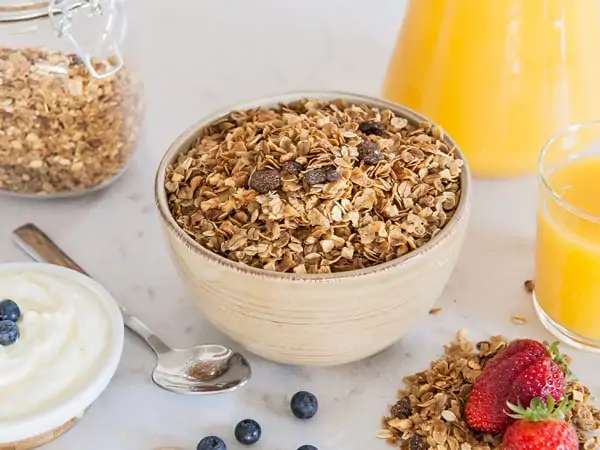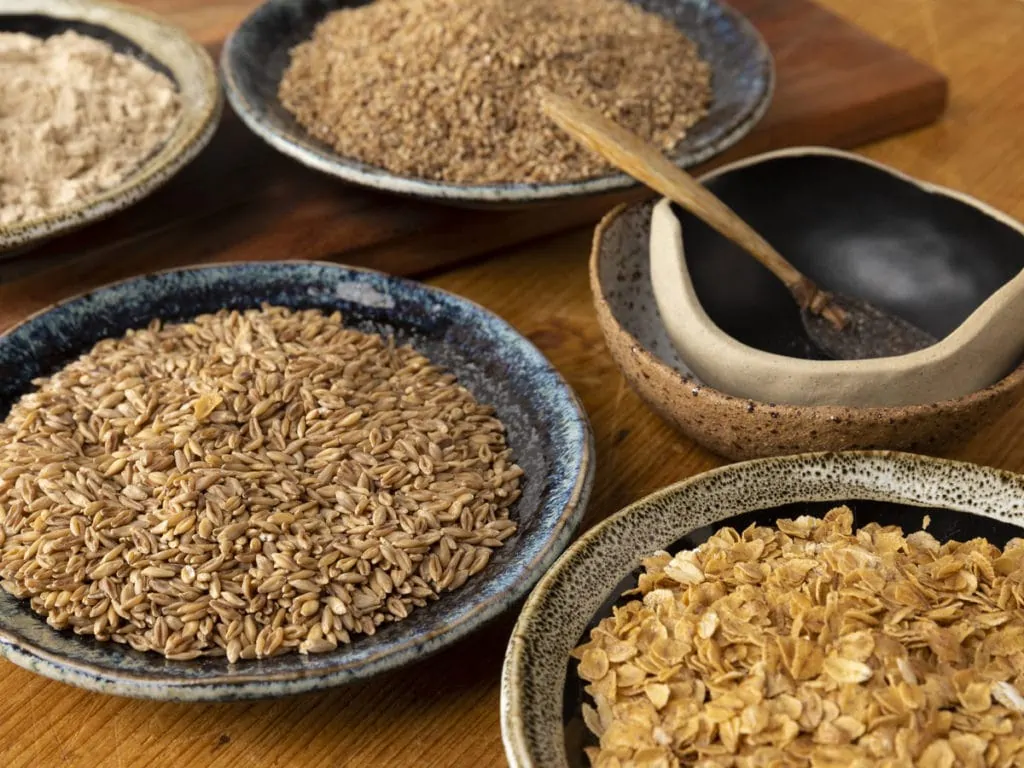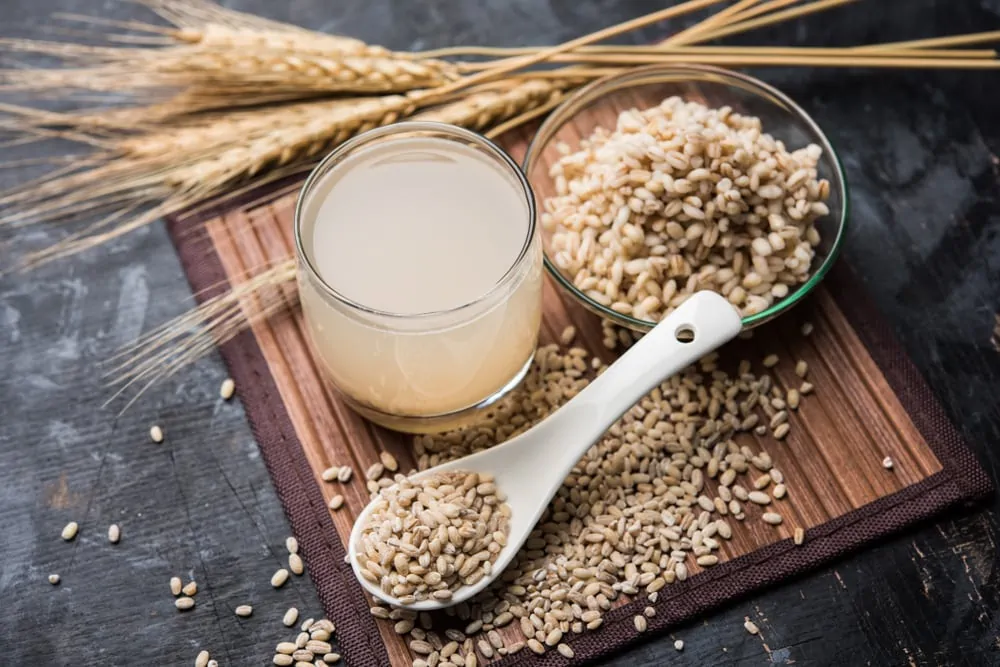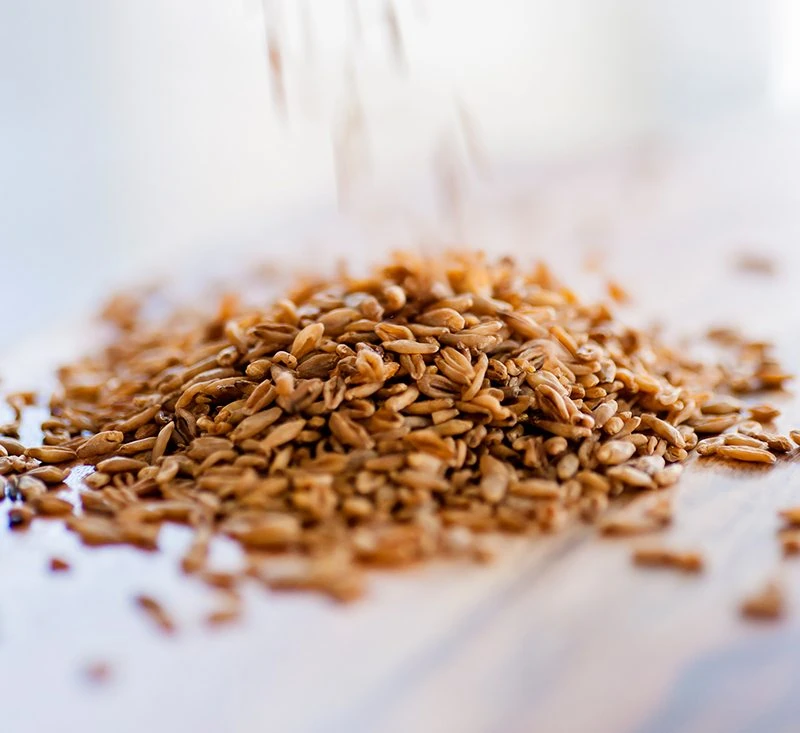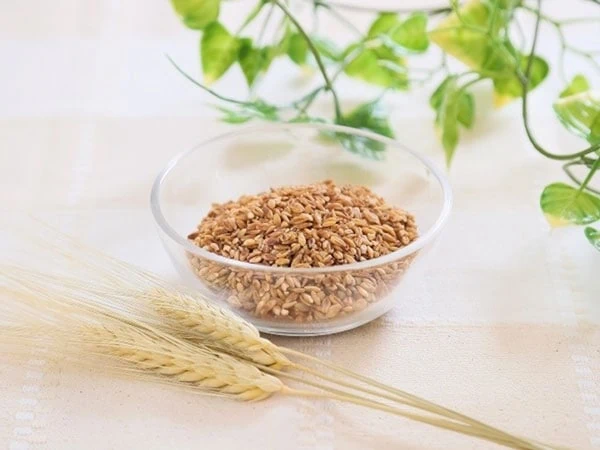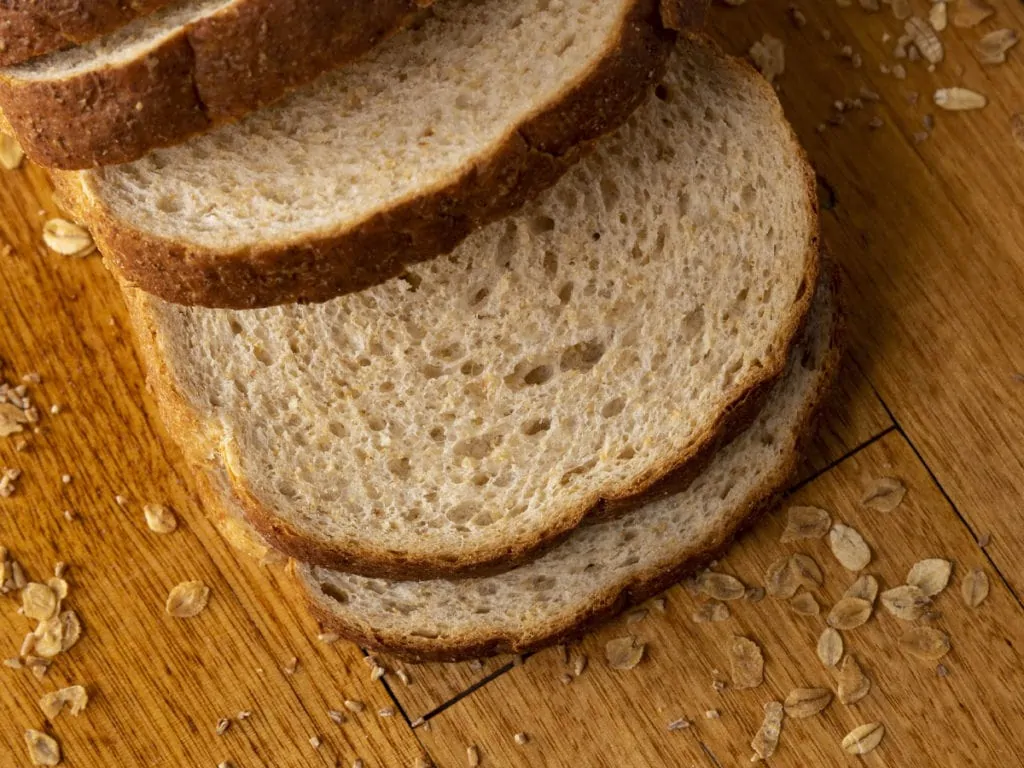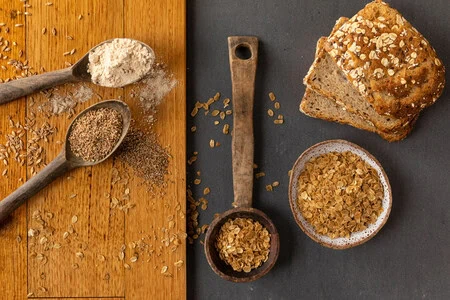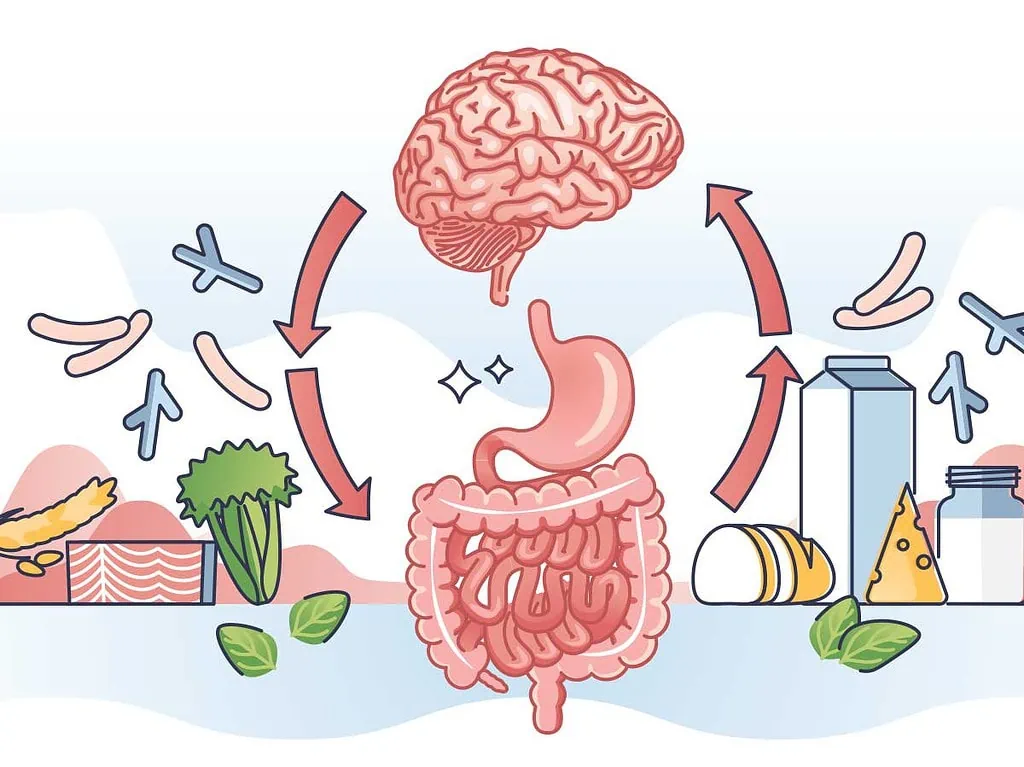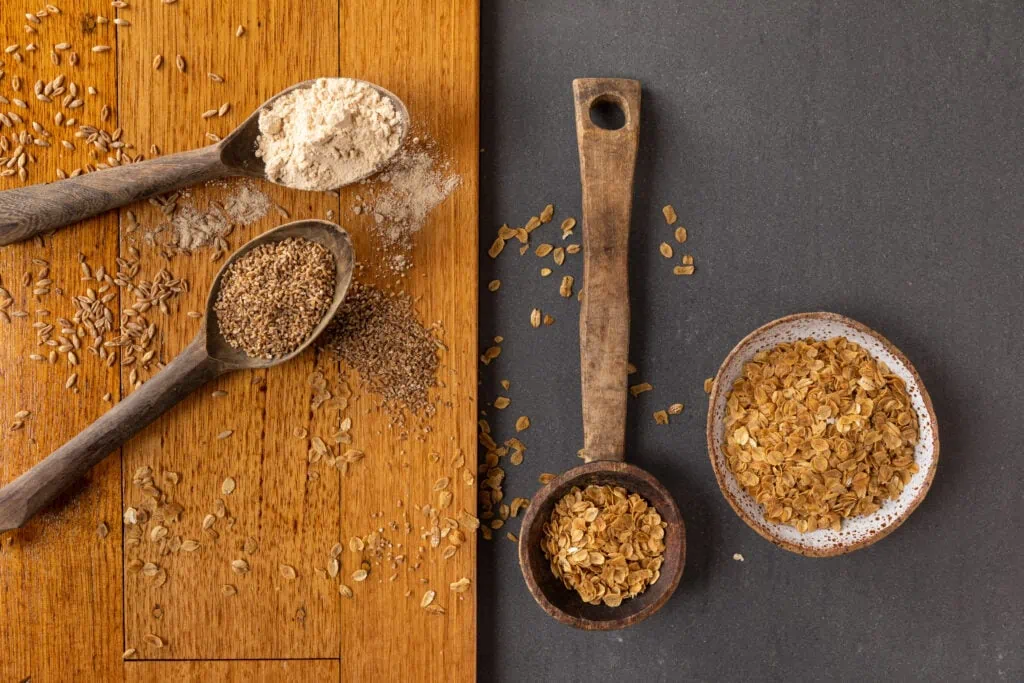
Background to the trial
The World Obesity Federation has identified that obesity is a ‘chronic progressive disease’ and is contributing significantly to the world disease burden. Interestingly, lifestyle interventions that are easy to include in everyday life, can reduce this disease burden. To date the typical advise of lowering total energy intake has been unsuccessful. Whereas, advising consumption of a high fibre diet is supported by evidence to reduce the risk of some cancers, heart disease, Type 2 Diabetes, stroke and all-cause mortality. Additionally, the gut microbiota can change within 24hours with dietary changes. Consumption of dietary fibre can improve microbiota variety and diversity.
Whilst increasing dietary fibre is important for health improvements, the type of fibre is also important. Research conducted on beta-glucan from barley has been shown to reduce appetite, increase satiety and lowers total energy intake.
The trial
This research was a mixed-methods feasibility randomised control trial. Each participant was randomly assigned to one of three conditions. The three conditions were:
- Two 25g daily servings of a barley derived fibre, from BARLEYMAX®
- Two daily servings of the barley derived fibre, from BARLEYMAX®, with the amount slowly increasing over the 3 week period.
- Two 25g daily serving of a placebo product that contained wheat flakes (control).
Over the 3 weeks, the researchers investigated 38 participants, between the ages of 18-50 years, with a normal to obese BMI. The subjects completed questionnaires at trial commencement and at the end of weeks 1, 2 and 3. The questionnaires were official questionnaires and related to hunger and fullness, bowel movements and consistency of such movements, and acceptability of the dietary intervention.
The results
The research suggests that increasing dietary fibre through BARLEYMAX® consumption is safe, and poses no risks to health. Further, that a gradual increase in dietary fibre is recommended to reduce gastrointestinal discomfort. In totality, the mixed-methods results support that the trial participants found the trial acceptable, appropriate and a feasible intervention. The results also suggest that three weeks of BARLEYMAX® consumption increased bowel movement consistency and regulated appetite.



